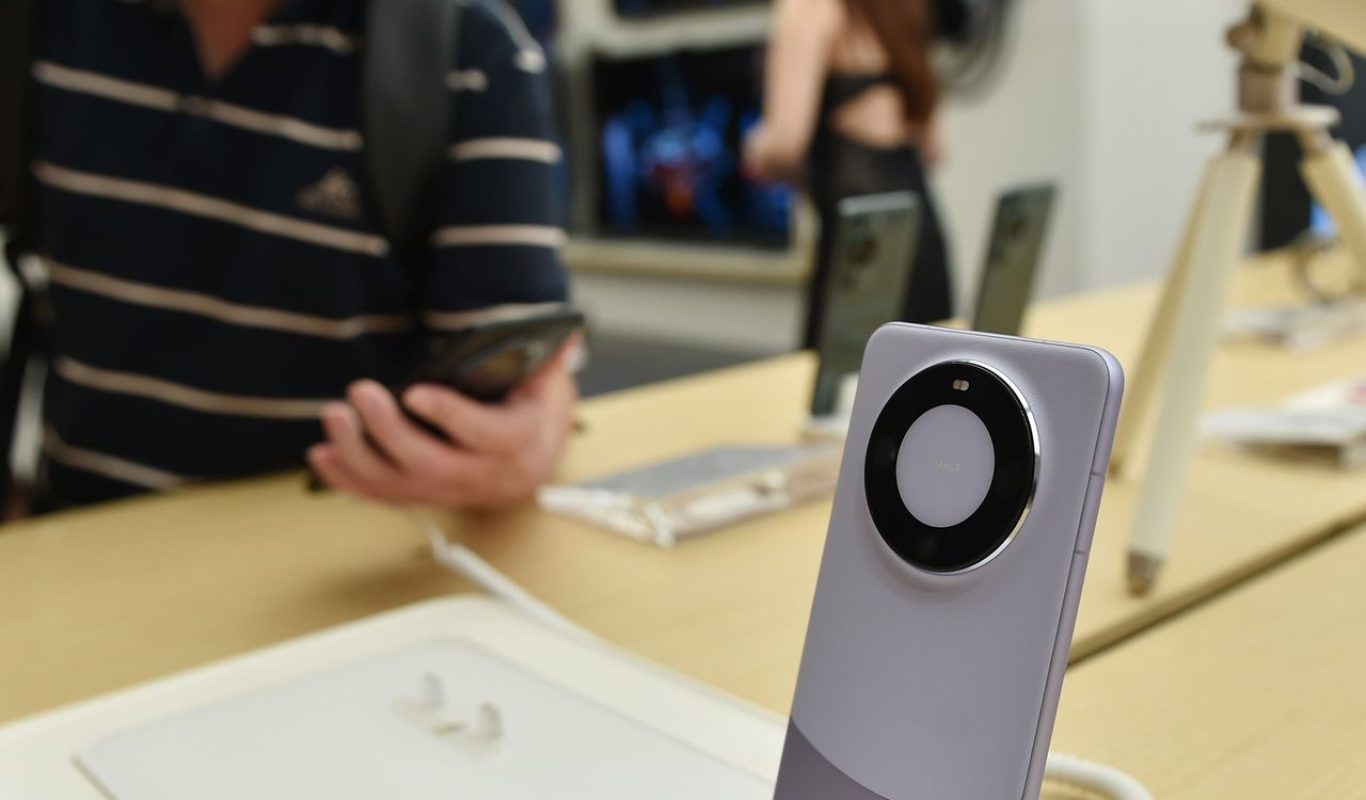
Huawei Is Releasing A Quicker Phone To Rival Apple
Huawei Is Releasing A Quicker Phone To Rival Apple
Huawei’s latest smartphone, the Mate 60 Pro, has made ripples in China’s tech industry, but it has also sparked worries in the United States, forcing the US Department of Commerce to launch an inquiry.
Cutting-Edge Technology Raises Eyebrows:
The cutting-edge technology housed within the Huawei phone, particularly its advanced 7-nanometer processor developed by SMIC, China’s leading chipmaker, is generating concern among American officials. This processor provides the Mate 60 Pro with excellent power and speed, putting it as a formidable challenger to Apple’s iPhone, and it has sold extremely well in China.
This issue has sparked debate over the effectiveness of US export rules, which were originally meant to prevent Huawei from obtaining cutting-edge components such as sophisticated CPUs. These constraints had essentially crippled Huawei’s smartphone industry until recently. Prior to the US sanctions, the business was on its way to become a worldwide smartphone powerhouse, even outselling Apple in Europe in 2018.
U.S. Department Of Commerce Investigates:
The US Department of Commerce has acknowledged that it is looking into the new Huawei phone and the technologies it uses, specifically the 7nm chip. A Commerce official highlighted that export limits are simply one tool in the government’s inventory for dealing with the People’s Republic of China’s national security issues.
Global Tech And Geopolitical Tensions:
The launch of Huawei’s new phone comes with continued tensions and competitiveness between the United States and China on a number of fronts, including geopolitical problems such as Taiwan’s status and the situation in Ukraine. The recent visit to Beijing by US Commerce Secretary Gina Raimondo to improve trade relations highlights the complexities of this relationship.
Understanding the ramifications of the Mate 60 Pro’s success and the US inquiry requires understanding Huawei’s history and why the US imposed export restrictions. Huawei, which was founded in 1987, has evolved to become one of the world’s largest telecommunications firms, with operations in 170 countries and over 200,000 employees. However, because to national security concerns, its goods remain mostly inaccessible to American consumers, with AT&T and Verizon discontinuing distribution of Huawei devices in 2018.
The Mate 60 Pro: A Game-Changer For Huawei
Huawei’s latest Mate smartphone, the Mate 60 Pro, is equipped with a 7nm chip produced by SMIC. According to observers, this is a big success for China’s indigenous design and production skills. The phone has impressive features such as higher download rates than current top-tier 5G phones, satellite connectivity, a large OLED screen, a 5,000mAh battery, and a starting price of $900.
Rivalry And Market Dynamics
This comes at a key time for Apple as it prepares to announce its next iPhone, the iPhone 15. China accounts for around 20% of Apple’s revenue, making it one of the company’s most important markets. In addition to heightened rivalry from Huawei, Apple is dealing with new Chinese government limitations, including rumors of government officials being prevented from using iPhones. This announcement prompted Apple’s market worth to fall by about $200 billion.
Assessing The Apple Factor
Some analysts, though, believe that concerns about the impact of a government ban on Apple are overstated. Given the large size of the market, Wedbush Securities analyst Dan Ives believes that even in the worst-case scenario, any hypothetical ban would have a minimal impact on iPhone sales in China.
The Huawei Mate 60 Pro is causing a stir in China’s smartphone industry while also raising eyebrows in the United States. This incident calls into question the efficiency of export regulations and emphasizes the complicated relationship between the United States and China, which could have ramifications for Apple and its presence in the Chinese market.
